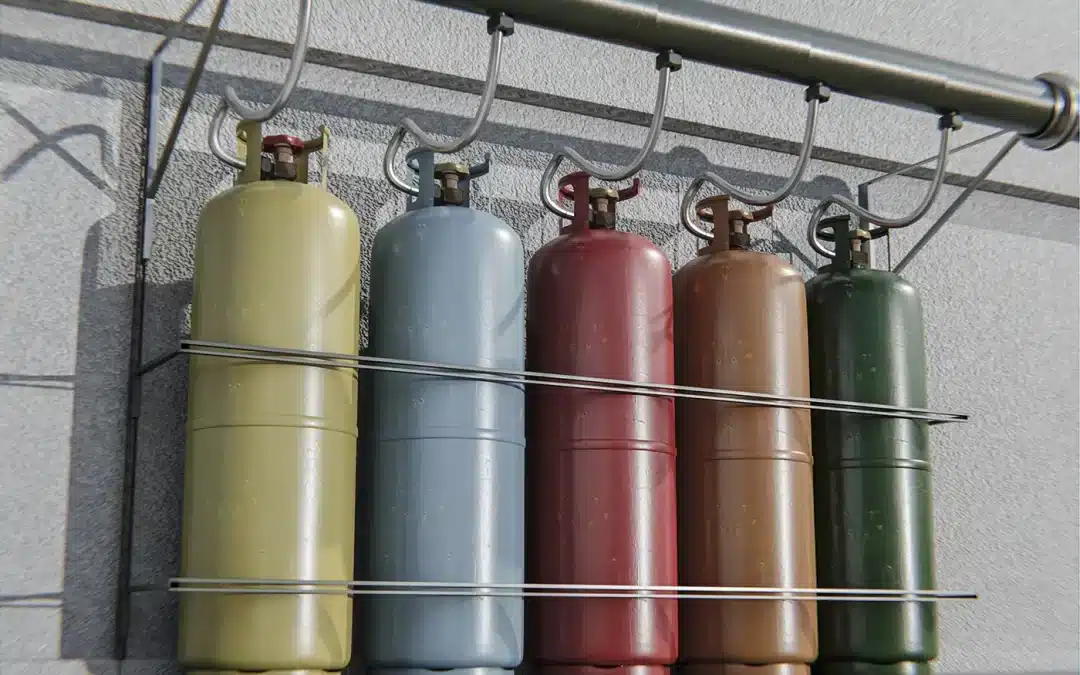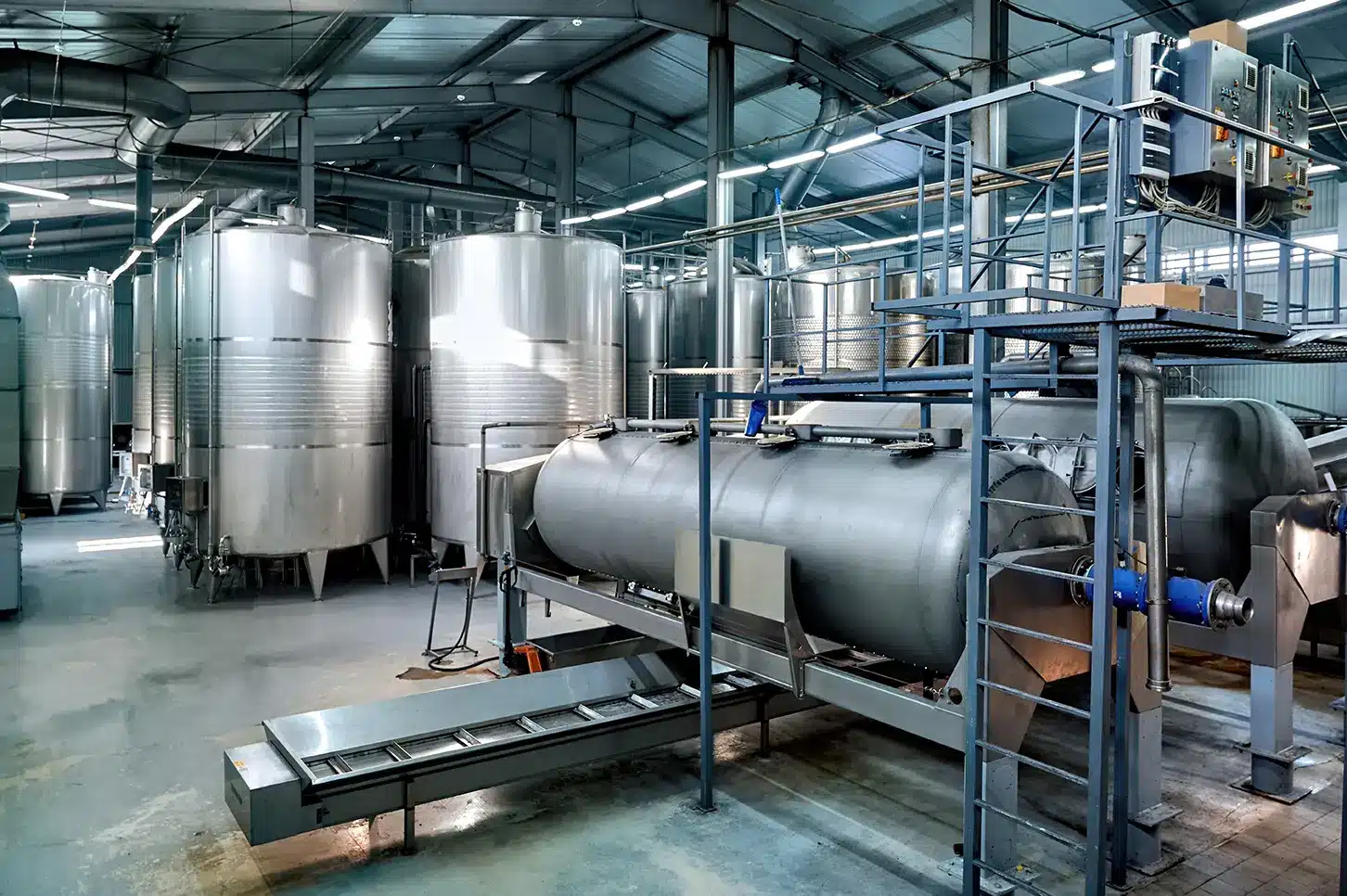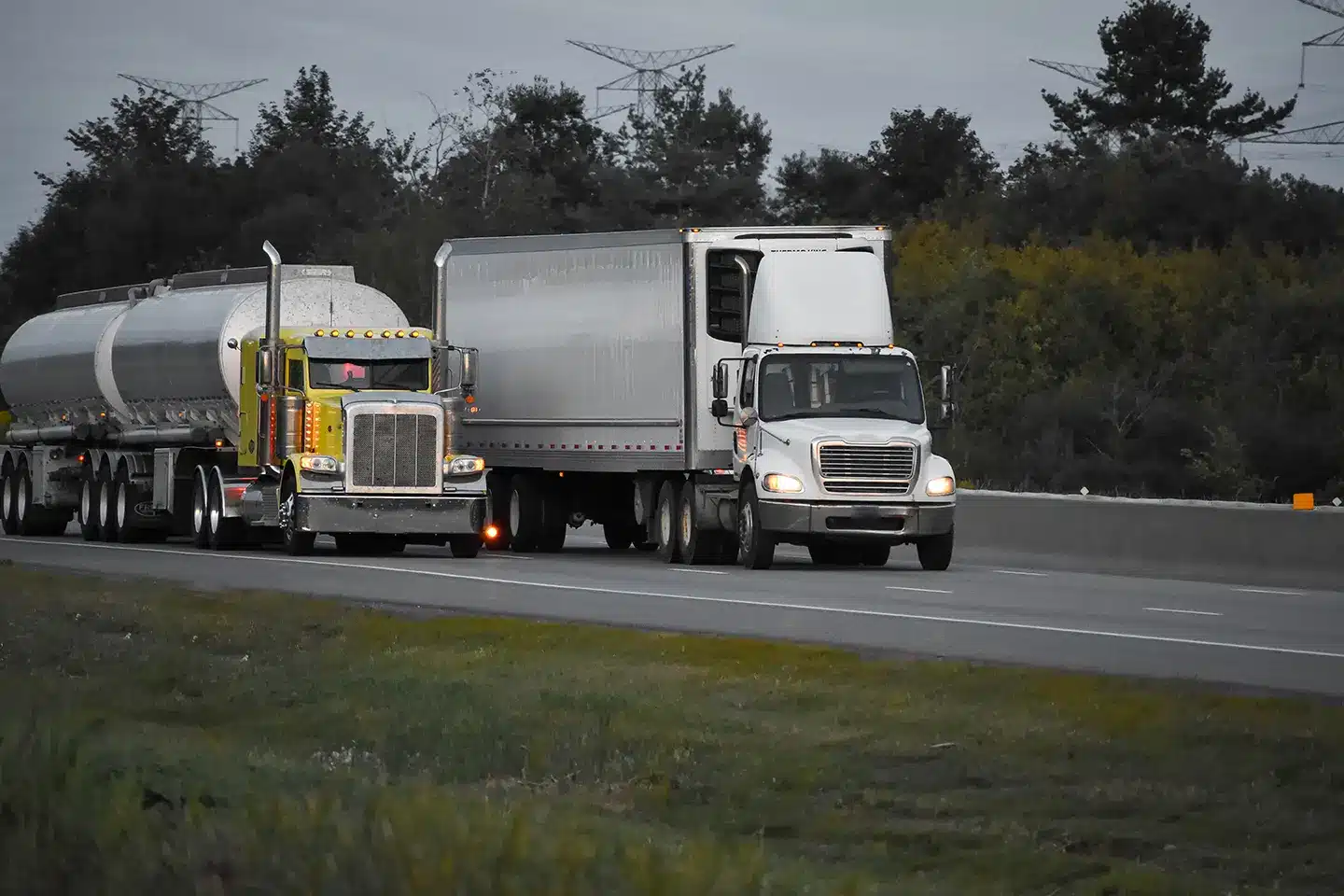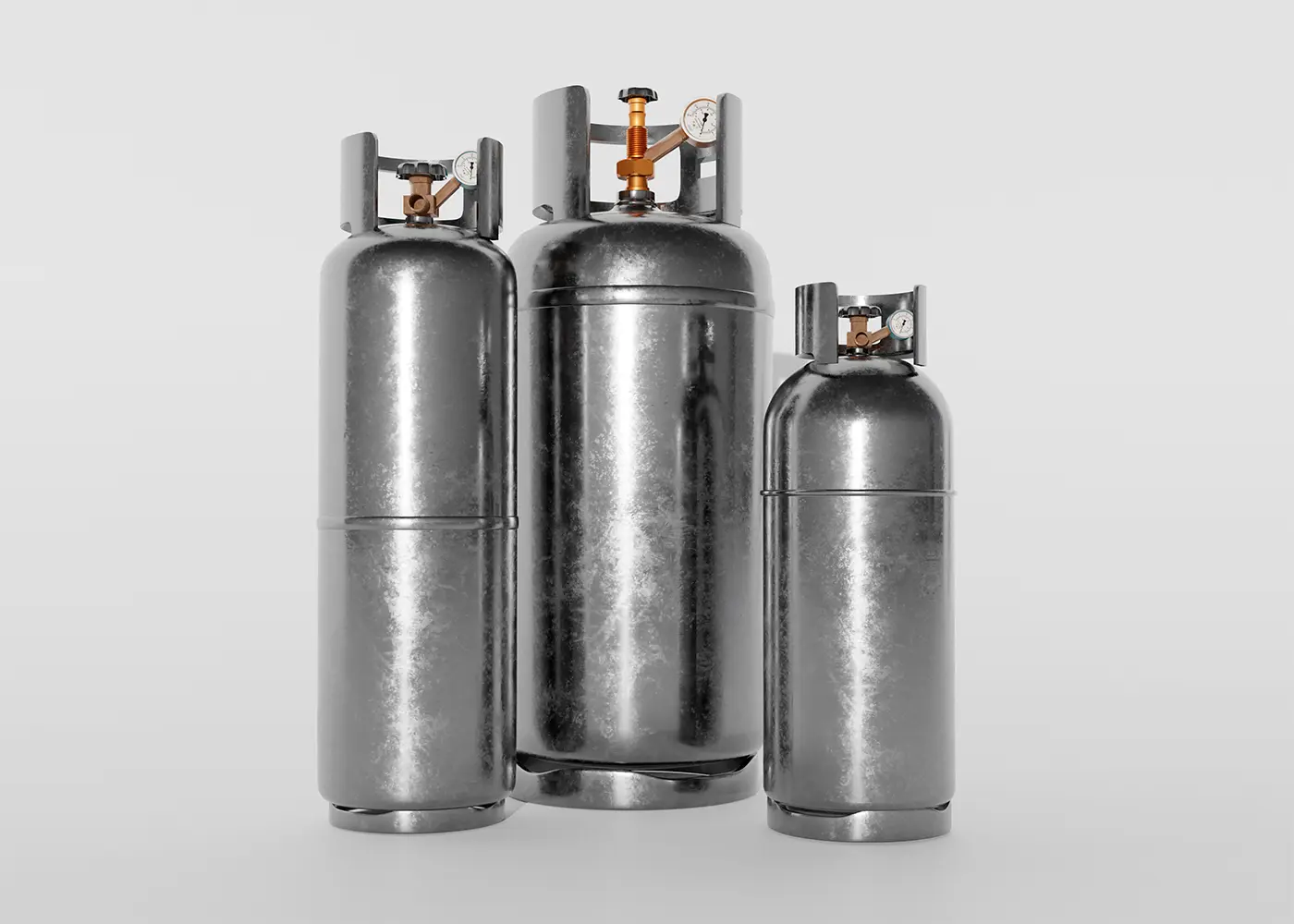This blog will outline some important measures that you need to observe when handling propane and explore how propane certification courses and propane handling training can ensure safety.
Why Safe Propane Storage and Transportation Matters?
Propane is an incredibly flammable gas and any mishandling of propane can result in an accident, leakage, or even an explosion. Appropriate safety measures for the storage and transportation of propane help minimize such risks and make sure propane is used properly.
Safe Propane Storage Tips
When storing propane tanks, follow these guidelines to ensure safe and secure storage:
- Store Outdoors: Propane tanks should be kept outside, within an area that is well-ventilated. Storing of tanks inside the house especially in such places as the garage or basement is hazardous since gas builds up resulting into fire or explosion
- Keep Away from Heat: Avoid storing propane tanks close to heat-producing appliances or exposure to sunlight. In high temperatures, the gas inside the tank may expand and lead to leakage or even explosion. Tanks should always be stored in a cool, shaded location that is not exposed to heaters, grills, or other open flames.
- Proper Positioning: One common precaution that should be observed is that the propane tank must be stored upright. When stored in a sideward position, the pressure relief valves can malfunction and cause leakage. To keep the propane safe while in storage, it is necessary to make sure that the storage place is very stable and upright.
- Regularly Check for Leaks: Check the propane tank from time to time for any signs of cracks, rust, or even leakage on the surface. If you detect a leak, you should immediately close the valve and seek the assistance of a technician. Propane handling training informs a person on how they should handle and inspect the tanks to prevent such issues.
Propane Tank Transportation Guidelines
Transporting propane tanks safely is just as important as storing them. Here’s how to do it right:
- Secure the Tank: In case you are transporting a propane tank in a vehicle, make sure that it lies in the upright position. Loose tanks can tip over or roll around, causing damage or potentially dangerous leaks. Always make sure it is anchored down by using a bungee cord strap or a tank holder so that it does not slip.
- Keep the Valve Closed: Before transporting, make sure that the valve is closed tightly and there are no signs of leakage. Even small amounts of escaping gas can lead to dangerous situations, especially in enclosed spaces like cars or trucks.
- Ventilation: Don’t transport propane tanks in the car trunk because a leak can cause gas buildup. It’s safer to put the tank in the back of a truck or a well-ventilated vehicle. Training on propane handling teaches safe transportation to reduce risks.
- Drive Carefully: When transporting a propane tank, drive carefully. Avoid sudden stops or sharp turns so the tank doesn’t move. Safe driving helps prevent accidents and gas leaks.
Importance of Propane Certification and Training
To ensure that you handle propane safely, it’s a good idea to complete a propane certification course and undergo propane handling training. These courses cover everything from propane gas safety to proper storage and transportation techniques.
- Propane Certification Course: A propane certificate program provides in-depth knowledge of propane systems, regulation, safety and extinguishing measures. It’s essential for anyone who handles propane regularly, to ensure that they understand the risks and how to mitigate them.
- Propane Handling Training: Apart from certification, propane handling training offers hands-on experience in safely managing propane. This training explains different ways of identifying leakages, proper storage of propane tanks and safe ways of moving the tanks. It reinforces the importance of following propane gas safety guidelines
Final Thoughts
Safe propane storage and transport are vital for preventing accidents and ensuring reliable energy use. Whether residential or commercial, following safety guidelines and enrolling in a propane certification course is essential. Valley WorkSafe offers top-quality training in propane safety, both locally and online, in the Ottawa Valley. Prioritize safety to protect your home, environment, and reduce workplace injury costs. Explore our training options today!




